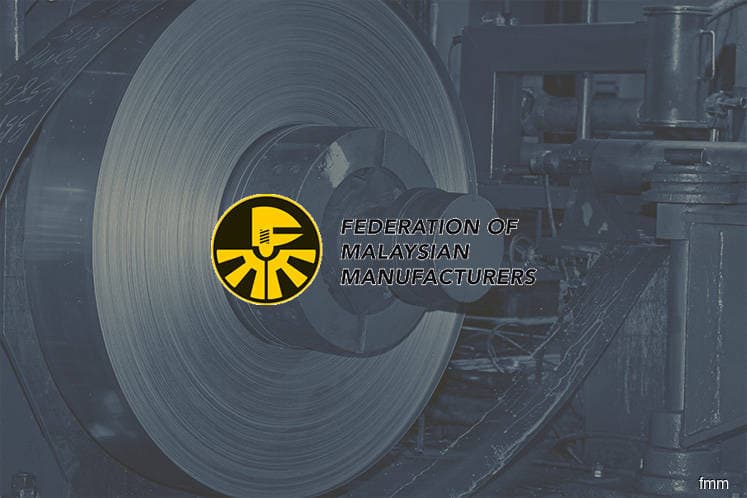
This article first appeared in The Edge Financial Daily on October 4, 2017
KUALA LUMPUR: Small and medium enterprises (SMEs) have been urged to take a cue from bigger companies on running an ethical organisation, to create long-term growth and sustainability.
Speaking to reporters during its “Business Ethics and Integrity: Key to Sustainability in the Digital Economy” seminar yesterday, Federation of Malaysian Manufacturers (FMM) president Tan Sri Lim Wee Chai said while society in general recognises the importance of practising good business ethics, not many companies, especially SMEs, are able to grasp this.
“Honesty, integrity and transparency are very important in any organisation and are the reason why multinationals and other big companies can survive for so long. It’s because they have built a good foundation. If the foundation is rotten, the organisation will only go down,” said Lim, who is also chairman of the world’s largest rubber glove maker, Top Glove Corp Bhd.
“Many people know this is important but not many companies do, especially SMEs. So, they should learn from bigger organisations on how to implement better business ethics and practices that they need to have on a daily basis.”
FMM council member and chairman of its ethical business practices committee Alois Hofbauer advises SMEs against taking shortcuts in pursuit of success as it may go against certain business ethics that would lead to loss of trust and competitive advantage.
Also Nestle (Malaysia) Bhd chief executive officer, Hofbauer was speaking from the group’s point of view as a food and beverage manufacturer in the Malaysian market for over 100 years.
“I believe if you live by values, and when people recognise that, you have a huge competitive advantage, because people simply want to buy products from or work with companies that they trust and have values appreciated [by them],” he said.
“For SMEs, specifically, there is always a risk of taking shortcuts. However, when you do so, you may gain temporarily but there is still that risk of not succeeding in the long run. People do not want to be [associated] with companies that they are unsure of [in terms of whether the former] is living up to the right business ethics.”
Citing the 2012 Report to the Nations on Occupational Fraud and Abuse published by the Association of Certified Fraud Examiners (ACFE), which features global data from 1,388 cases of fraud studied, Axiata Group Bhd group chief internal audit and fellow seminar panellist Nik Nazifah Nik Ahmad said organisations worldwide “lose about 5% of their annual revenues” due to fraud. That, she said, translates into over US$3.5 trillion in potential fraud losses when applied to the estimated 2011 gross world product.
“SMEs’ biggest challenge is finding a way to earn enough to pay employees’ salaries. So, the urge to break trust is always there,” said iPay88 Sdn Bhd executive director Chan Kok Long.
Online payment gateway provider iPay88 handles up to six million transactions per month in Malaysia alone, translating into about RM500 million in transaction value.
“To grow into a world-class company, it all starts with building trust. From there, there will be confidence. With confidence, you build very strong relationships, which will [help] the company be more successful.”